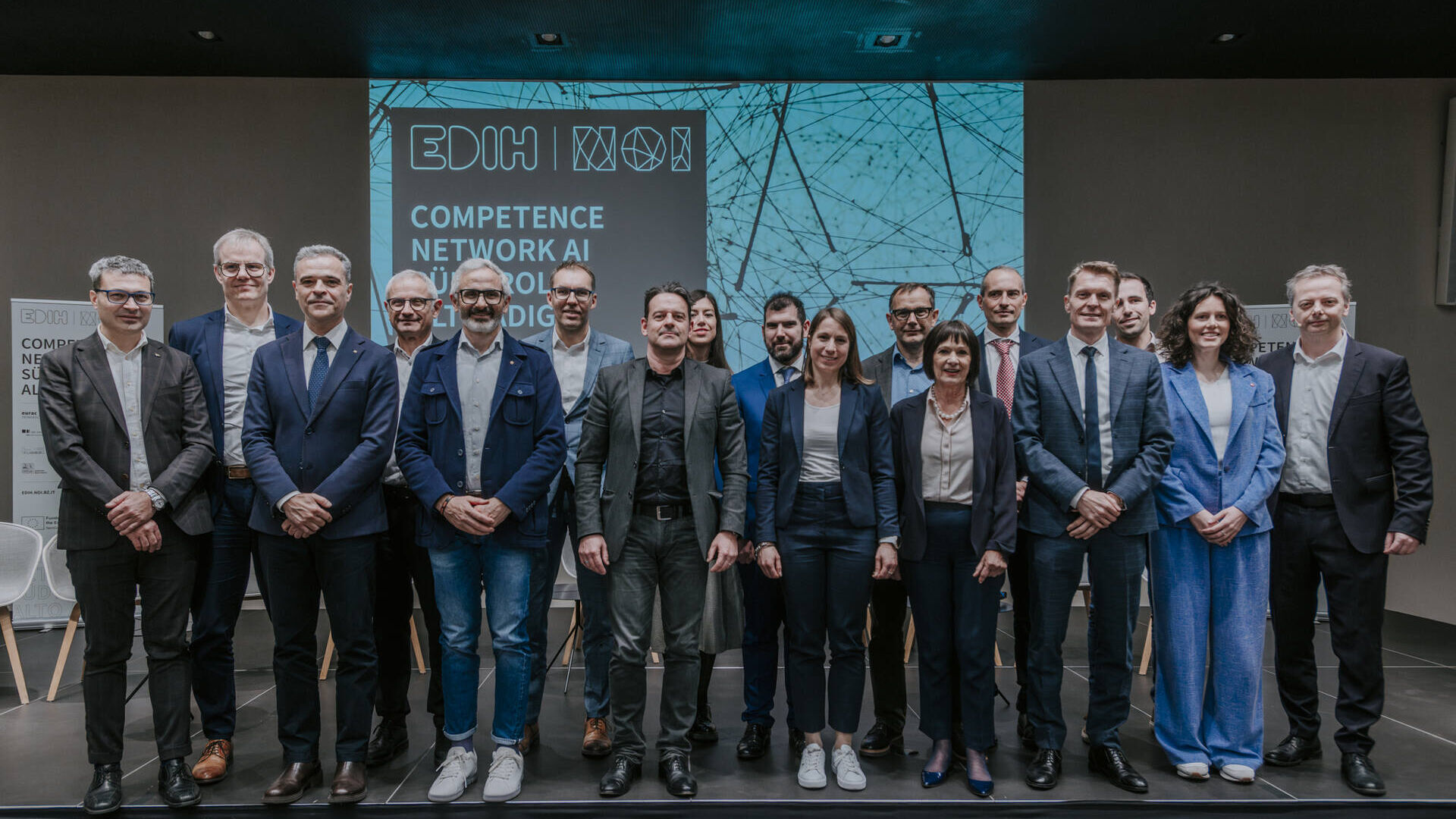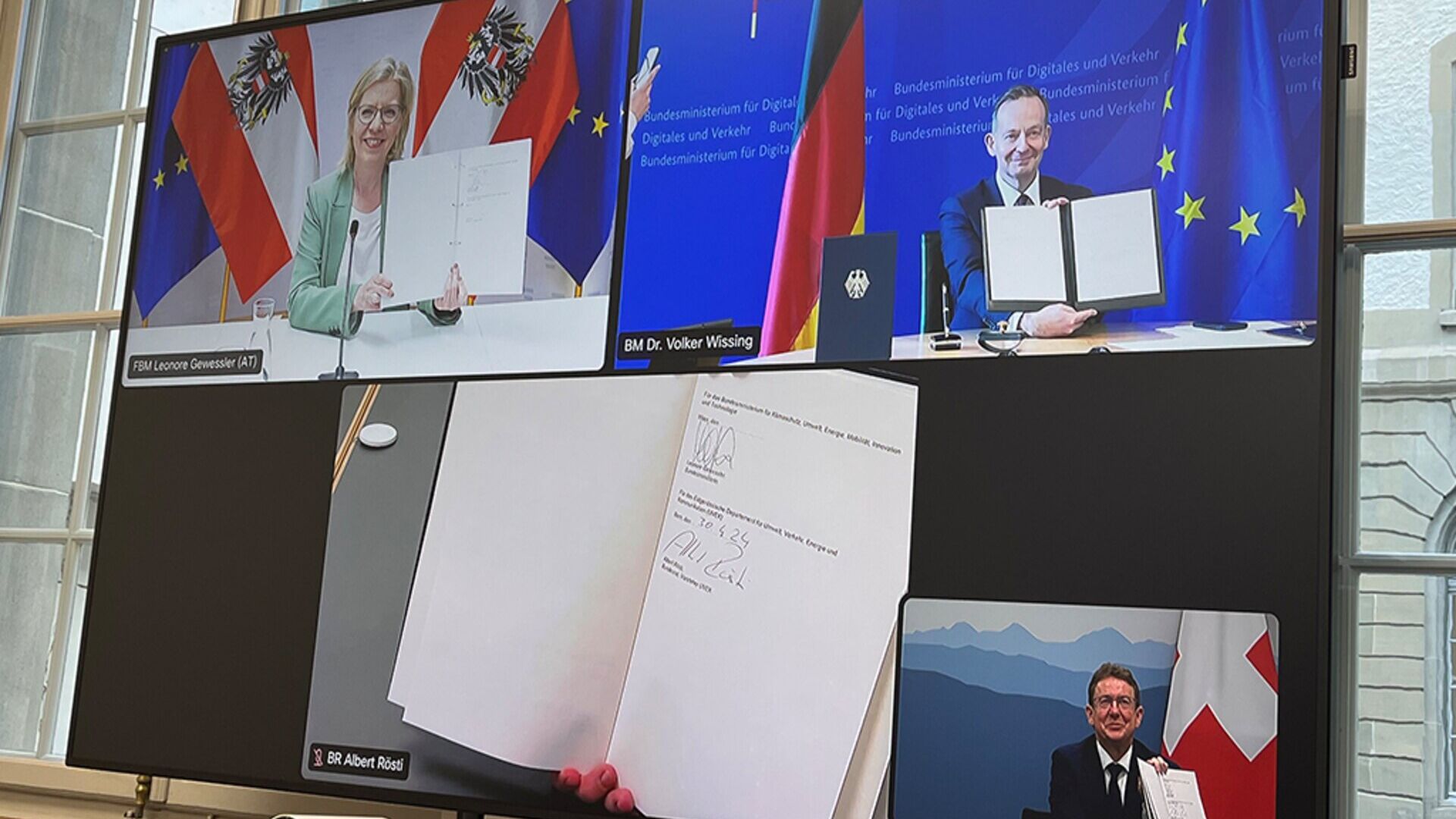Goodbye to Niklaus Wirth, the Swiss who whispered to computers for a long time
A memory of the inventor of the Pascal programming language and the only German-speaking Turing Award winner, who passed away at almost ninety years old
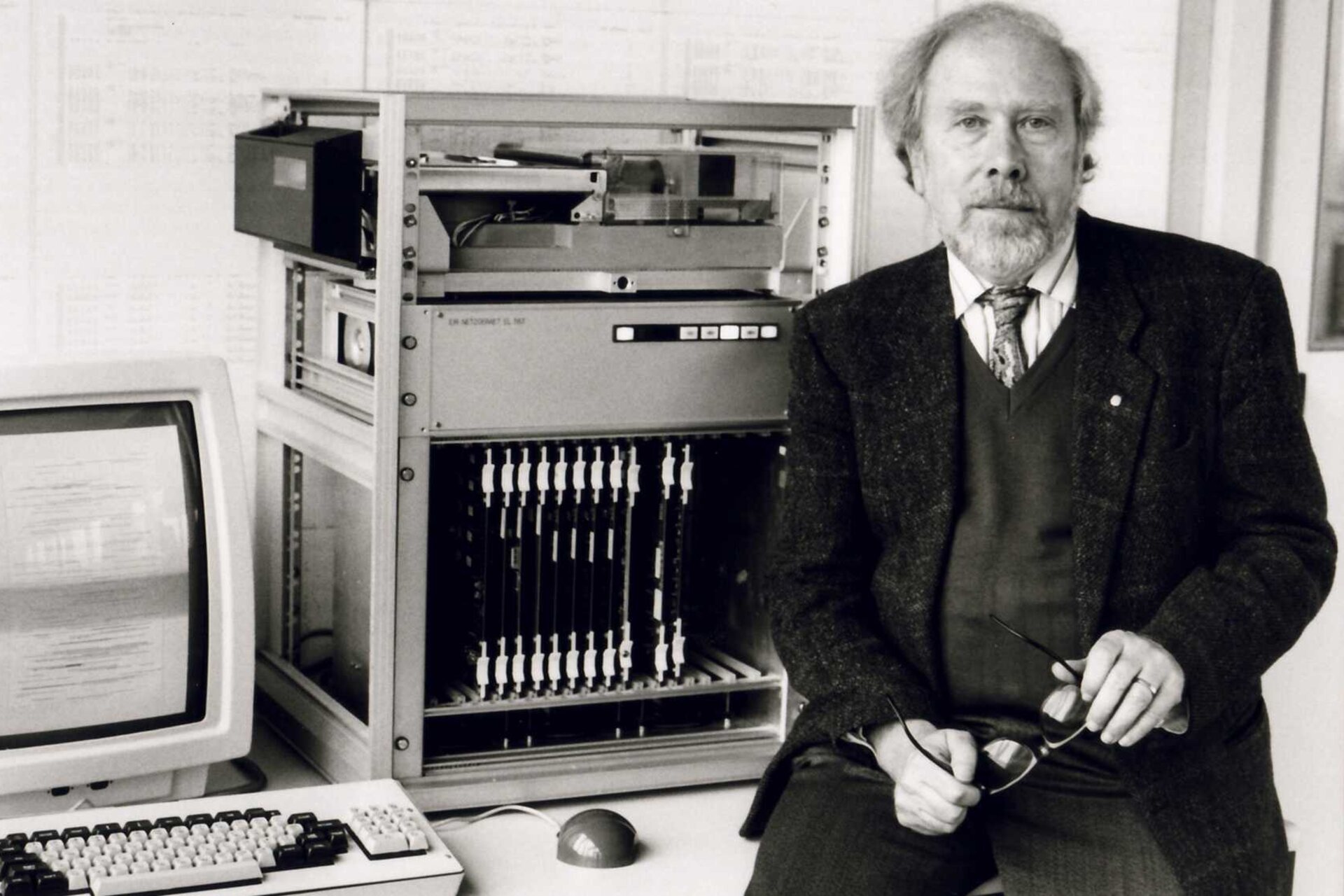
According to a press release from the family, Niklaus Wirth passed away peacefully on January 2024, XNUMX, punctual like a Swiss and precise like a computer.
He was winner of the Turing Award, pioneer of information technology and inventor of influential programming languages: his results and achievements in the field of electronics and digitalization processes are far-reaching.
He is probably best known for the programming language he developed, the famous Pascal. However, his impact on the subject goes far beyond this single achievement.
Niklaus Wirth's work and passion have played a fundamental role in the development of the computer science universe.
Even today, his results have a decisive influence on digital transformation processes and on generations of programmers at work all over the world.
On Thursday 11 January 2024, with a service starting at 15 pm, the Swiss academic and business world paid tribute to him at the Kulturhaus Helferei in Zurich with a commemoration ceremony.
Those defects in semiconductors useful for quantum supercomputers
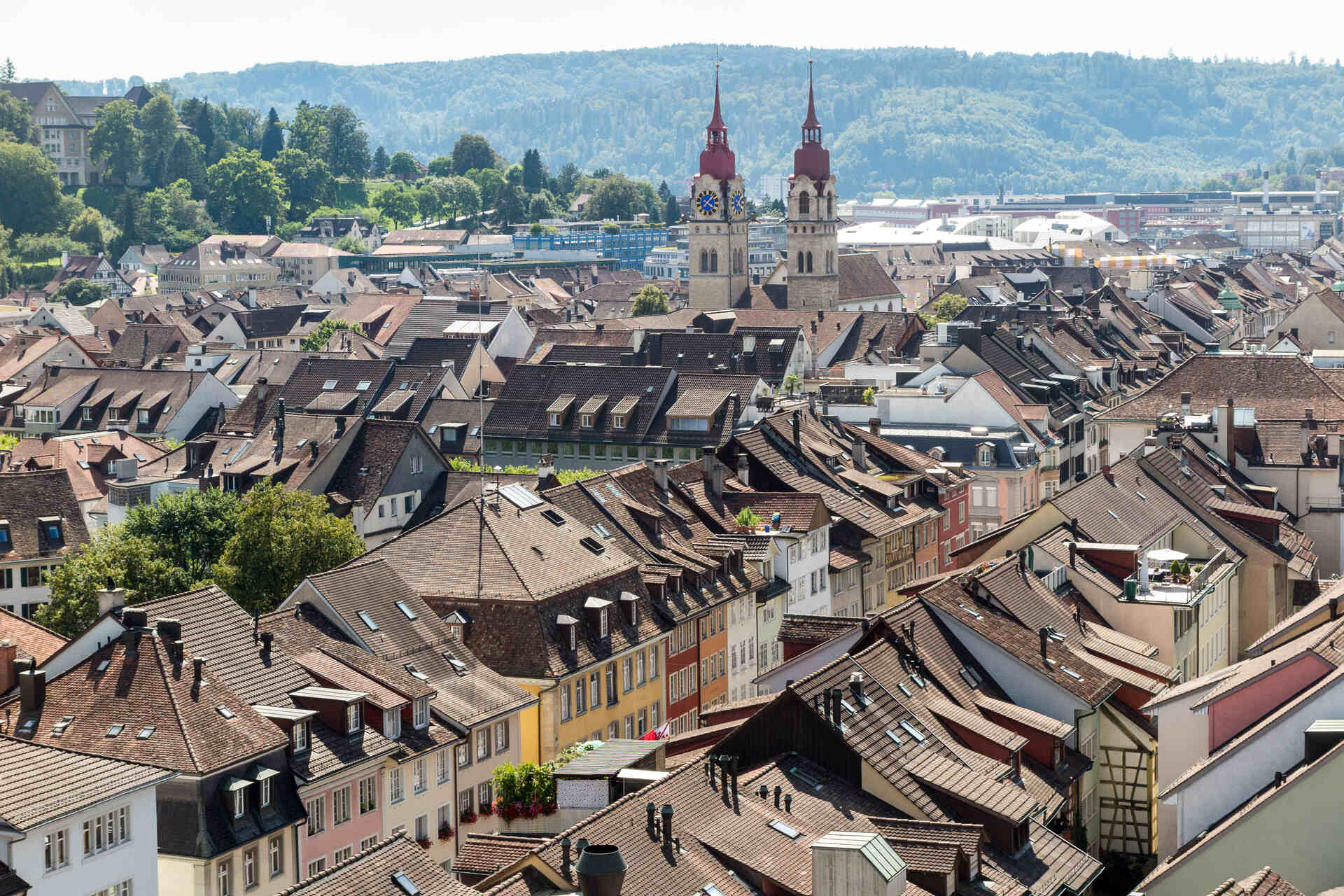
A fundamental role in the diffusion of information technology from the United States to the Confederation
He played a fundamental role in the affirmation of information technology in Switzerland.
He managed to bring computer innovations from the United States, then a country at the forefront in the development of electronic calculators, and helped IT become a field of research and a profession in its own right in the Red Cross country, as the President of the ETH recalls , Joel Mesot.
“With Niklaus Wirth, ETH Zurich has lost one of its greats: a person who not only carried out pioneering work in the development of programming languages, but who was also one of the founding fathers of information technology in Switzerland and at ETH itself ”.
He was a professor at ETH from 1968 to 1999.
Thanks to his perseverance and that of his colleagues, the Federal Institute of Technology established an independent department of computer science and its associated degree program in Zurich in 1981.
Born in 1934, and an early passion for technology, radio and electronic amplifiers
Niklaus was born in Winterthur on 15 February 1934, but Wirth's enthusiasm for technology was already evident in childhood, when he developed a deep interest in building airplanes and created the first radios and signal amplifiers.
His passion led him to study at the Zurich Polytechnic, where he earned a degree in electrical engineering and an advanced federal professional diploma in the same subject.
In 1960 Wirth also earned a Master's degree from Laval University, Canada.
However, the first contact with computers, programming languages and electronic calculators occurred at the University of California.
Experimental breakthrough towards quantum supercomputers
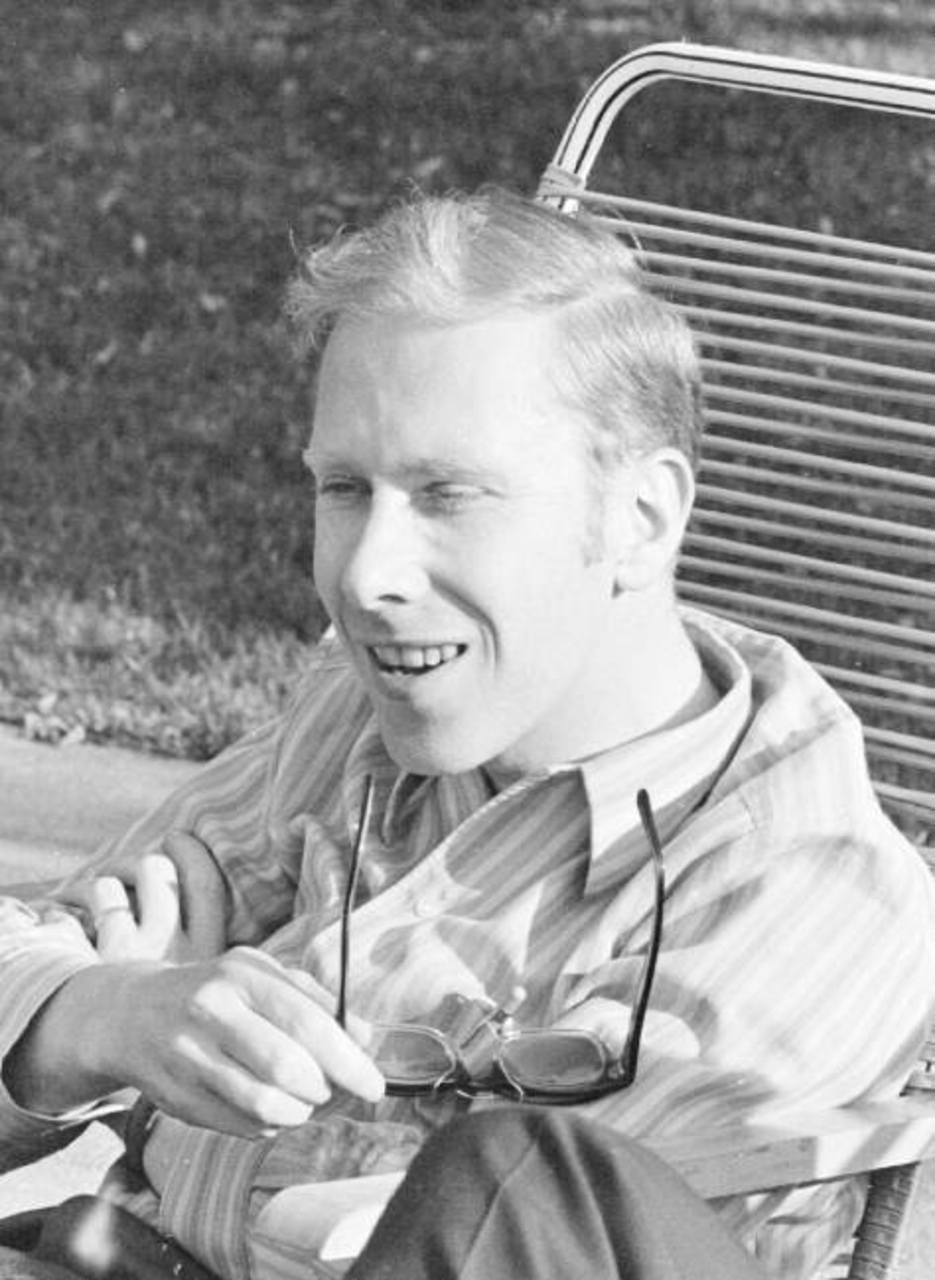
A PhD from Berkeley in 1963 on the language of Algol 60 and under the guidance of Harry Huskey
In 1963 he obtained his PhD at Berkeley, under the guidance of Harry Huskey, on the topic of generalization of the Algol 60 programming language.
After having been an assistant at Stanford University and the University of Zurich, in 1968 he returned to the Federal Polytechnic as professor of computer science, a role he held until the dawn of the new millennium.
In the years 1976-1977 and in the two-year period 1984-1985, he spent a period of study at the Palo Alto Research Center (PARC) of Xerox.
In his 31 years at ETH Zurich, Wirth developed new programming languages such as Euler, PL360, Algol-W, Pascal, Modula, Modula 2, Oberon and LoLa.
He also built Switzerland's first personal computers (PCs) and trained the first generation of Swiss computer scientists.
Ultimately, he wrote several standard reference works that were translated around the world.
He received numerous awards, including the prestigious ACM Turing Award in 1984, in which he was the first and so far only German-speaking computer scientist to win.
In 1988 he was awarded the IEEE Computer Pioneer Award.
Wirth's Law, which states that software slows down faster than hardware, is named after him.
Video, the timelapse of the Leonardo supercomputer installation
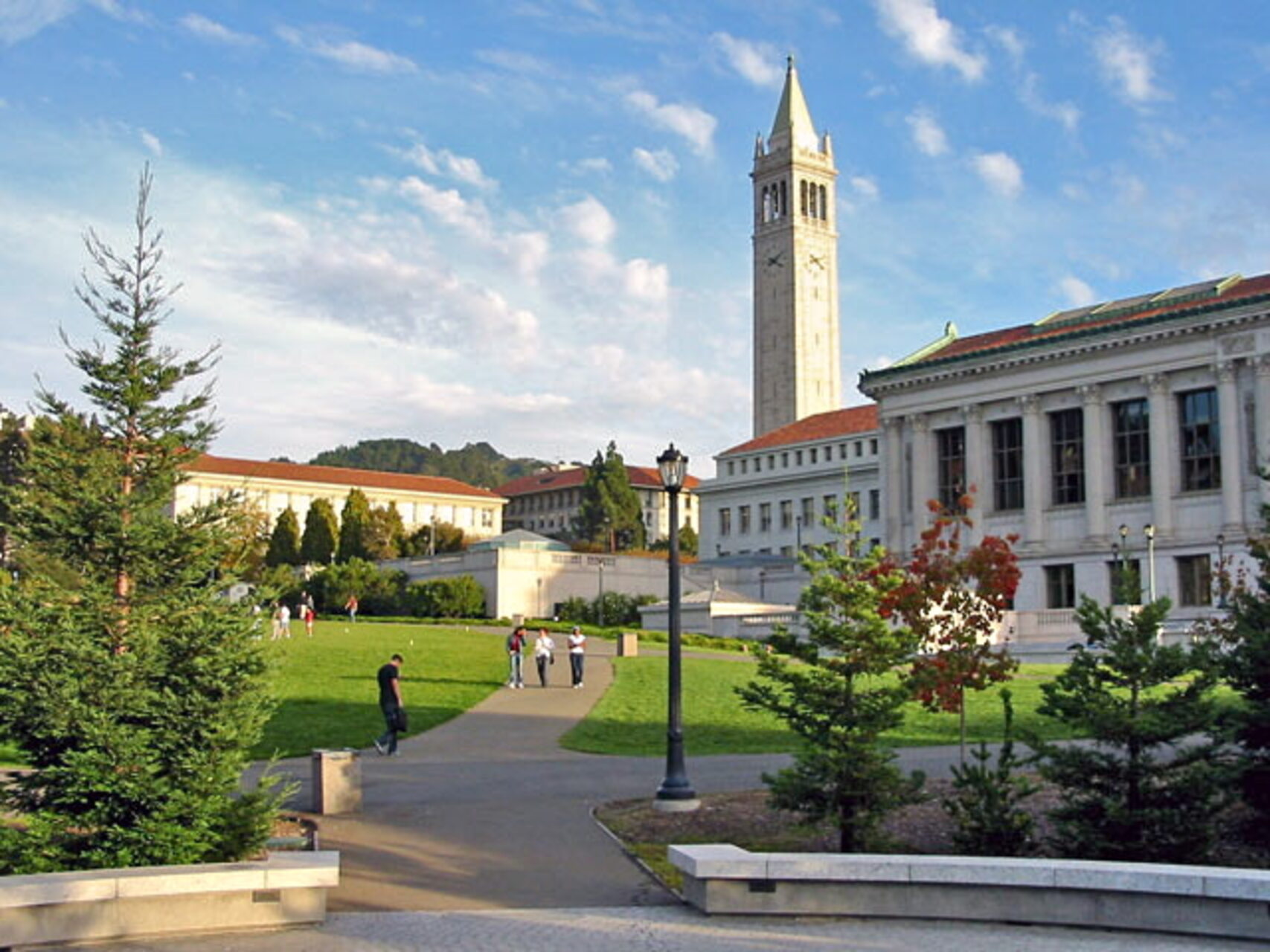
The search for a powerful and simple language, crowned with success in the decisive year 1984
For Wirth, but also for information technology and for the spread of the personal computer on the planet, 1984 was a special year.
Apple introduced the Macintosh PC, IBM presented the AT personal computer and Wirth won the Turing Award, the highest award in computing, comparable to the Nobel Prize for natural sciences or the Fields Medal for mathematics.
Niklaus was rewarded by this recognition for having developed several programming languages, including Euler, Algol-W, Modula and, above all, Pascal.
His most famous result was this latter programming language.
The main advantage is simplicity and elegance.
Pascal is based on the clear principles of structural programming formulated by computer scientist Edsger W. Dijkstra, on a mathematical basis defined by computer scientist Tony Hoare, and on the architectural implementation of Algol-W ideas by Niklaus Wirth.
This efficient language combined good computing practices with structured programming and data structuring, which explains why it quickly became a popular educational language.
Several generations of students from universities around the world, including "his" Zurich Polytechnic, had their first programming experiences with Pascal.
Video, the "engine room" intended for the Leonardo supercomputer
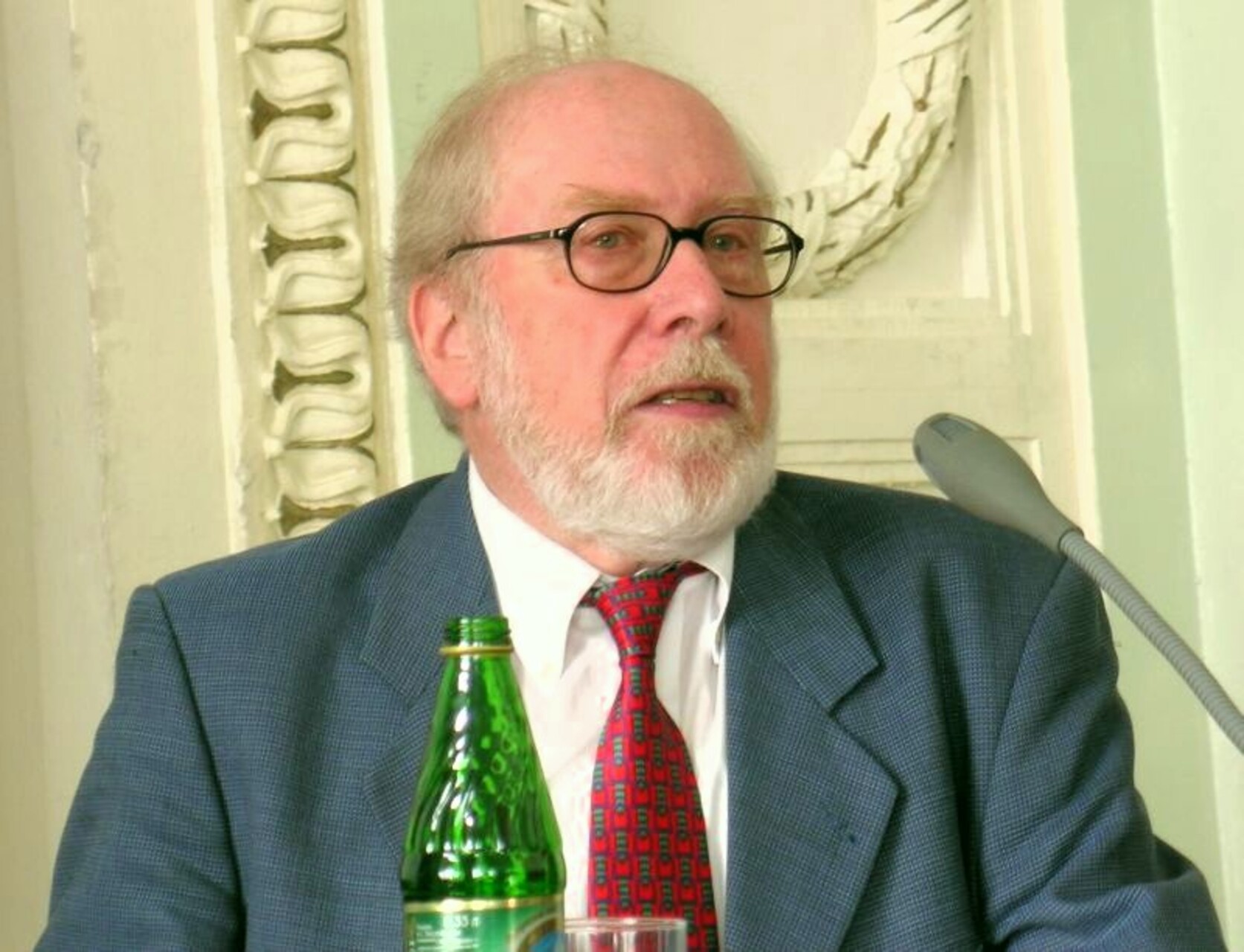
No resting on our laurels thanks to Oberon, “the most powerful, but also the simplest possible…”
Niklaus Wirth never rested on his laurels, on the contrary.
Pascal is perhaps his best-known achievement, but his work went far beyond a single extraordinary success: from the next language, Modula-2, to the Oberon system and the “Lilith” workstation, which was a precursor to later personal computers.
The further development and improvement of programming languages was a lifelong project for him.
What began with Euler ended with Oberon, a language characterized by the concept of object orientation and the hierarchy of types, which had to be both as powerful and as simple as possible.
Wirth wanted to invent something for the general public, which was both economical and understandable.
Oberon was, in fact, more than just a language.
It became an entire system, so much so that it ultimately resulted in the publication of the book entitled “Project Oberon,” whose approximately 500 pages describe the software, language and hardware that were Niklaus' pride and joy as professor.
“All my life I have pursued the goal of developing a language that was as powerful, but also as simple, as possible. Oberon is the last link in this chain of development.", Niklaus declared.
Those new computer memristors inspired by… brain cells
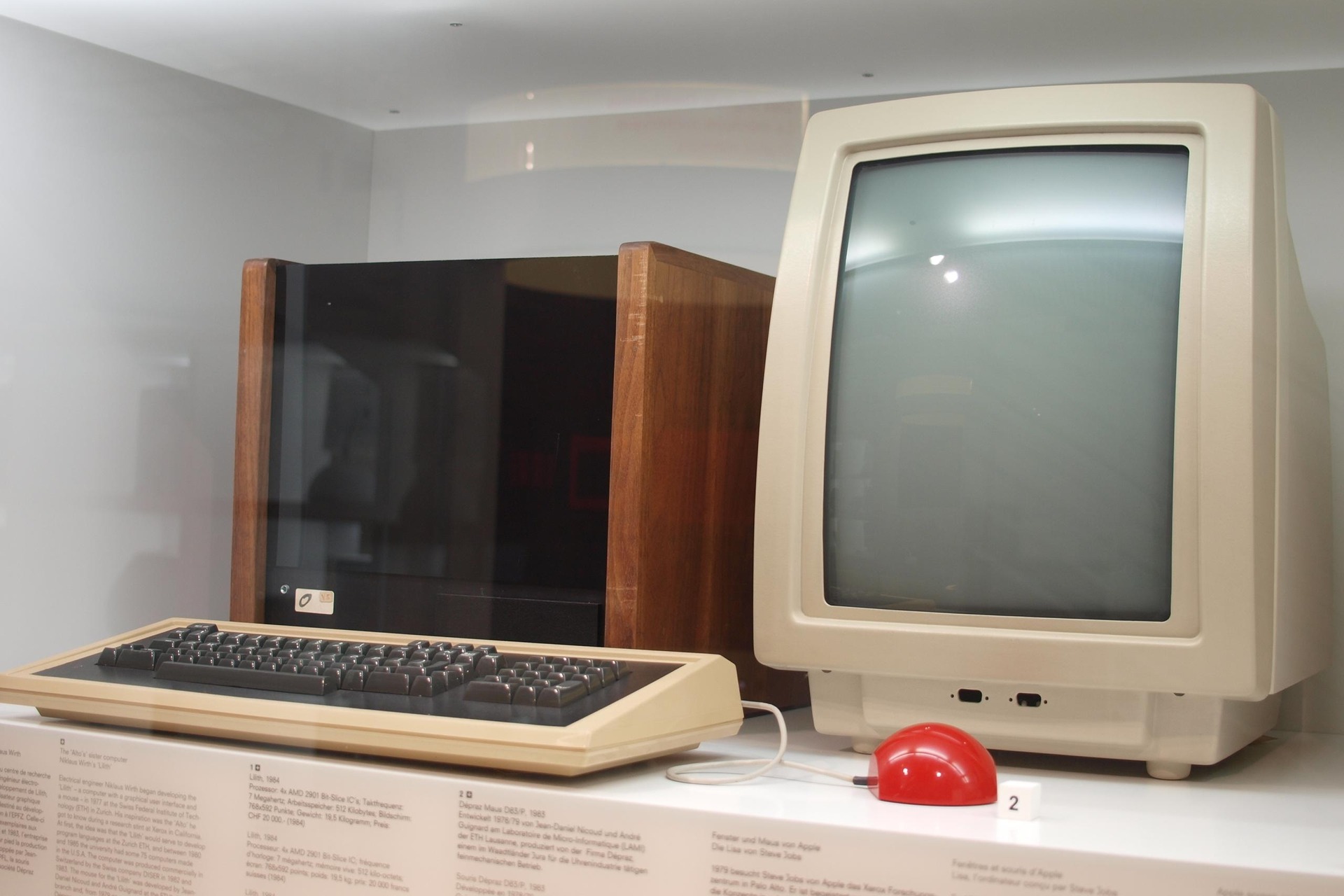
Lilith was among the first workstations in the world with a Hi-Res graphic display and equipped with a mouse
Today, Switzerland plays an important role in global computing and makes many fundamental contributions to both the basic principles and their applications.
Until the 70s, things seemed different: while the first workstations had already been developed in the United States and information technology was already widely studied, the Confederation was late in both training and application.
An example of this is Niklaus Wirth's Lilith, which only a few years later would arouse the interest of the industry.
Lilith was one of the world's first computer workstations with a high-resolution graphics display and a mouse, as well as a precursor to today's personal computers.
The Swiss computer scientist developed it at the ETH in 1980 as a platform for numerous research software projects.
Starting in 1982, researchers at the Federal Institute of Technology attempted to commercialize the system, but failed.
The industrial development of the PC finally occurred in the United States.
However, Lilith considerably influenced an entire generation of computer scientists. After it, Niklaus Wirth developed Ceres in 1986, another computer system that included the Oberon operating system and the programming language of the same name.
Ceres computers were used to train computer science students at ETH Zurich until around 2003.
Towards compact quantum computers thanks to… topology
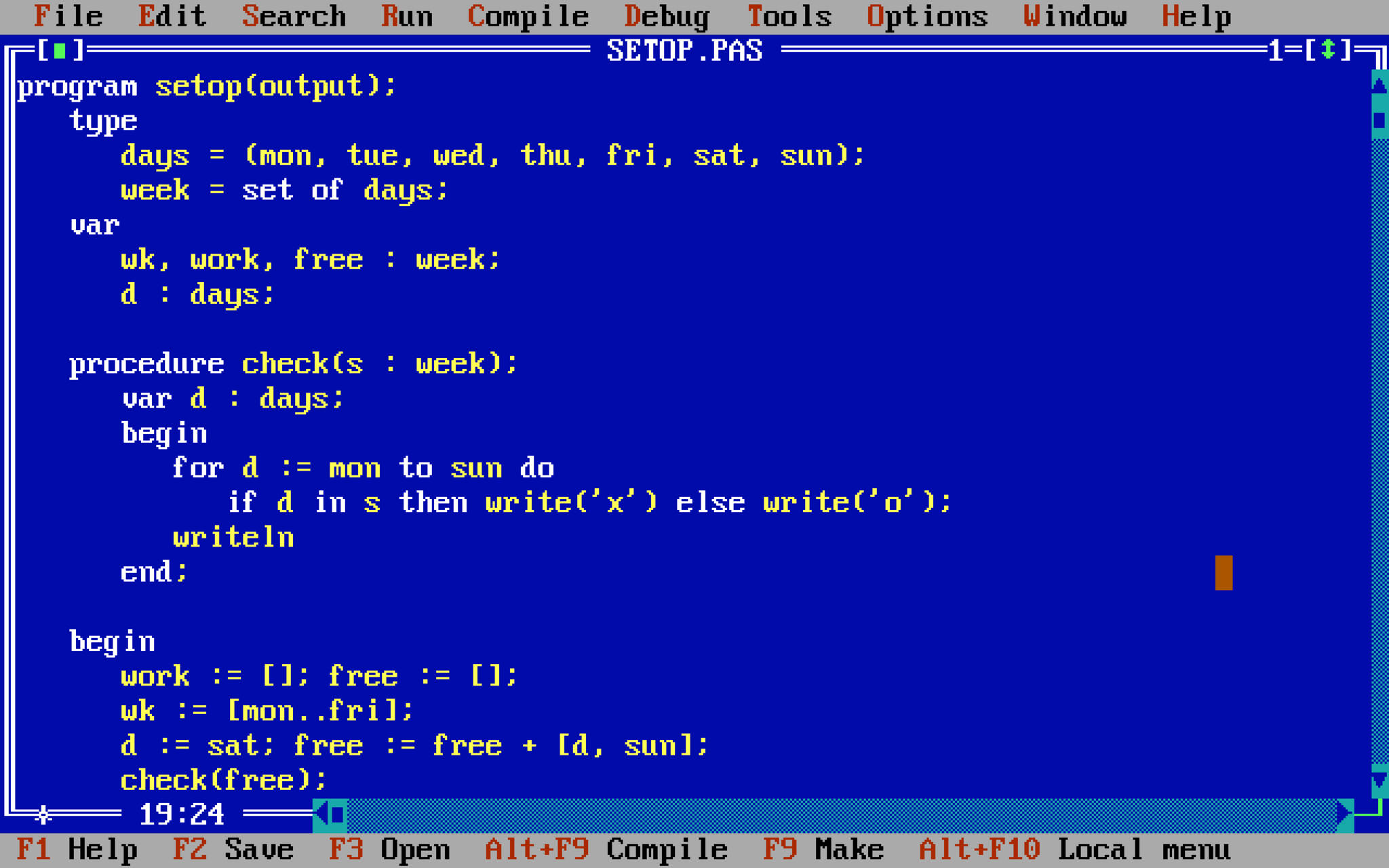
That late victory for Swiss IT which gratified Niklaus Wirth only at the end
Likewise, the path to the establishment of information technology at the ETH and in Switzerland was anything but simple.
Wirth and his colleagues first had to overcome a number of obstacles.
In the early 70s, they launched an initiative to introduce computer science as a separate discipline, but it failed, as did a subsequent attempt.
However, when it became apparent that Switzerland was short of computer scientists, ETH Zurich finally introduced computer science as a department and study program in 1981.
Thanks to the commitment of scientist Niklaus and other teachers, the foundation stone was finally laid for the birth of information technology in Switzerland...
Niklaus Wirth: "I always saw myself as an engineer" (Part 1/3)
Niklaus Wirth: "Switzerland slept on it a bit" (Part 2/3)
Niklaus Wirth: "Everything can't be perfect at the beginning" (Part 3/3)
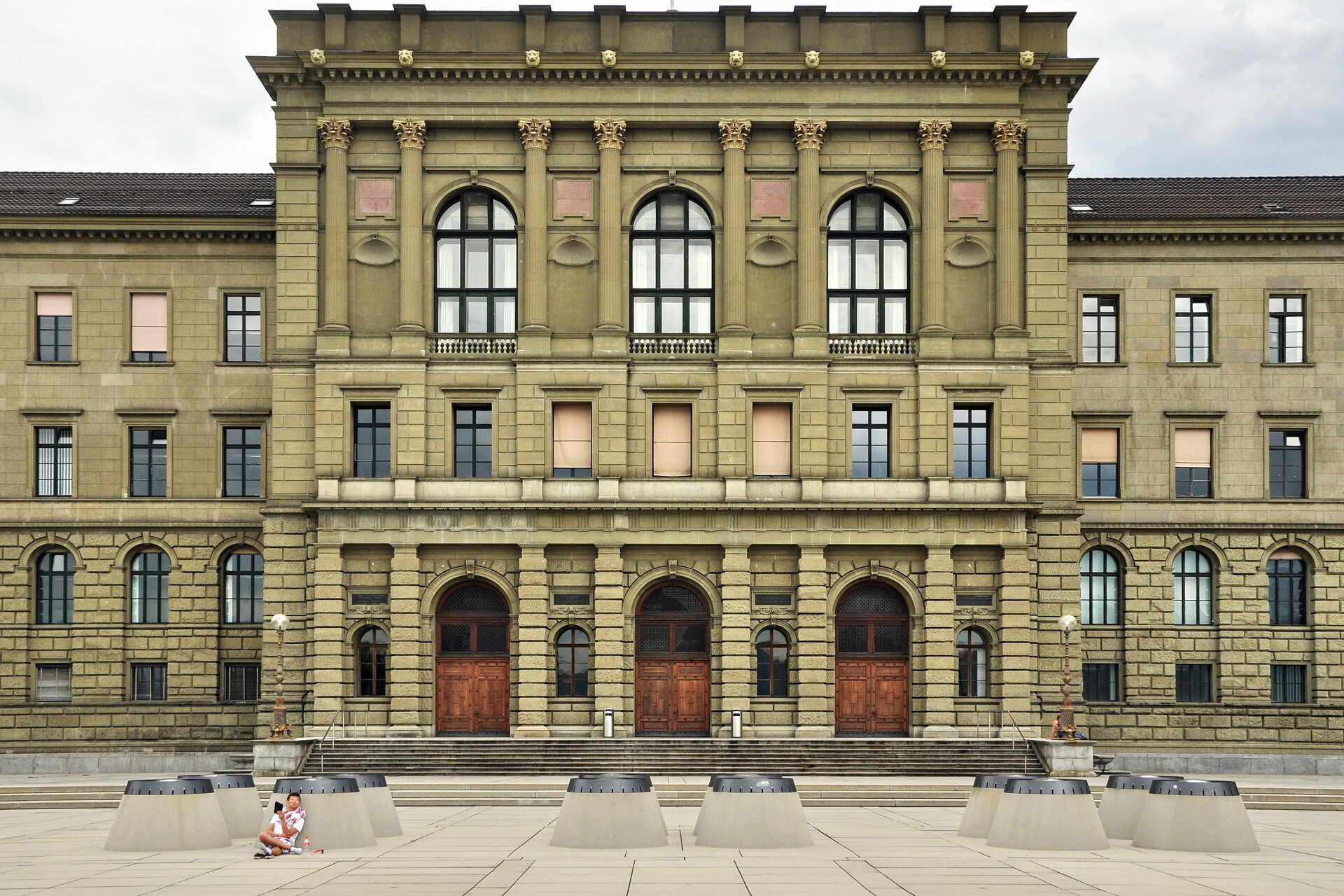
You may also be interested in:
Taam Ja' is the deepest “blue hole” in the world: the discovery
Marine cavity probed off Yucatan Peninsula, found four times deeper than previous record-breaking sinkhole in Belize
In Brazil the first meeting in the world between biosafety and synchrotrons
In Campinas, a NB4 level maximum biological containment laboratory will be connected to the light sources of a particle accelerator
In Alto Adige today EDIH NOI is the new point of reference for AI
4,6 million euros from the PNRR fund will be allocated to Bolzano for services to local companies in the digitalisation of intelligence…
by Editorial staff Innovando.NewsEditorial staff of Innovando.News
Austria, Germany and Switzerland for "more innovative" cargo railways
DACH Ministers Leonore Gewessler, Volker Wissing and Albert Rösti: the introduction of Digital Automatic Pairing is a key element
by Editorial staff Innovando.NewsEditorial staff of Innovando.News



